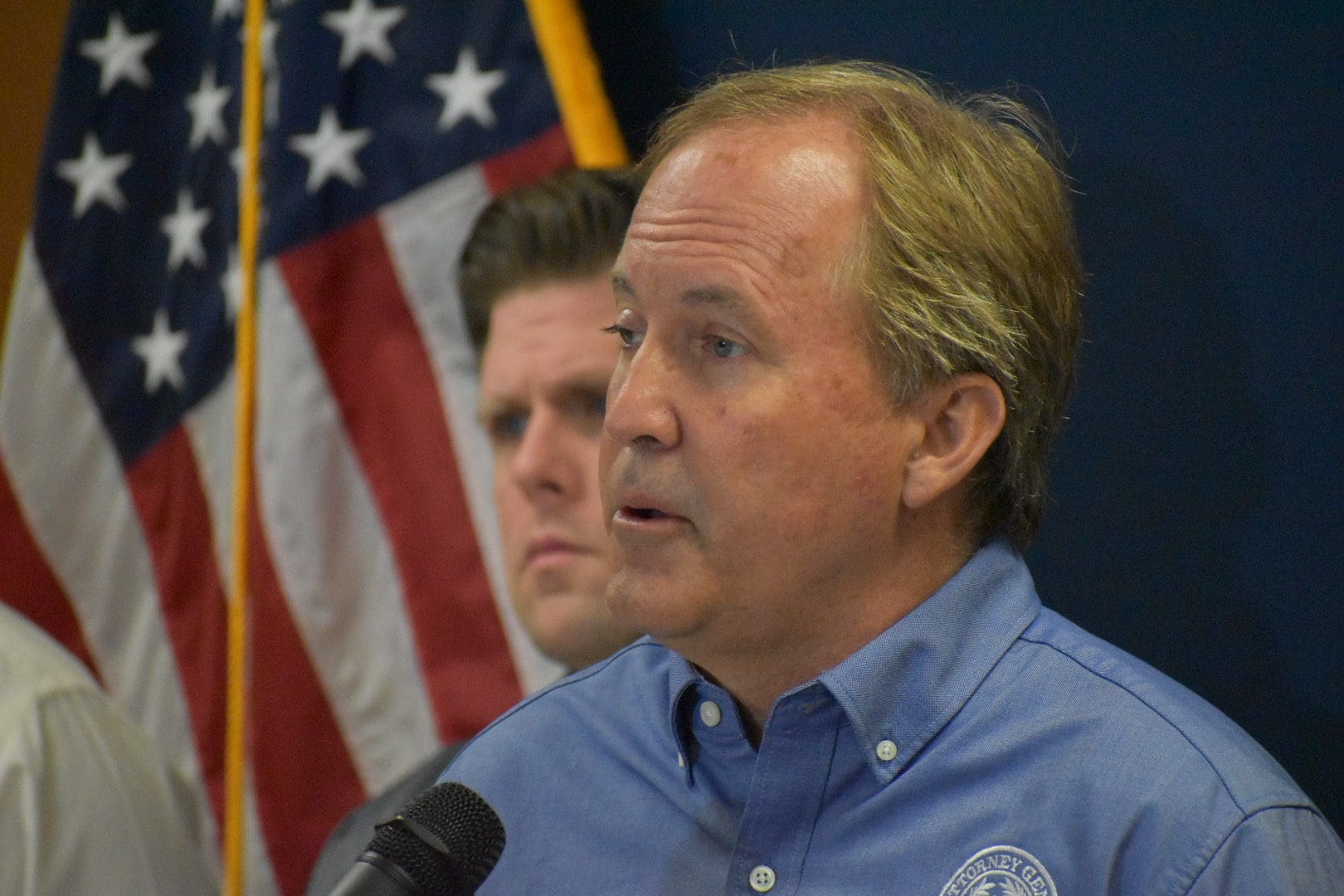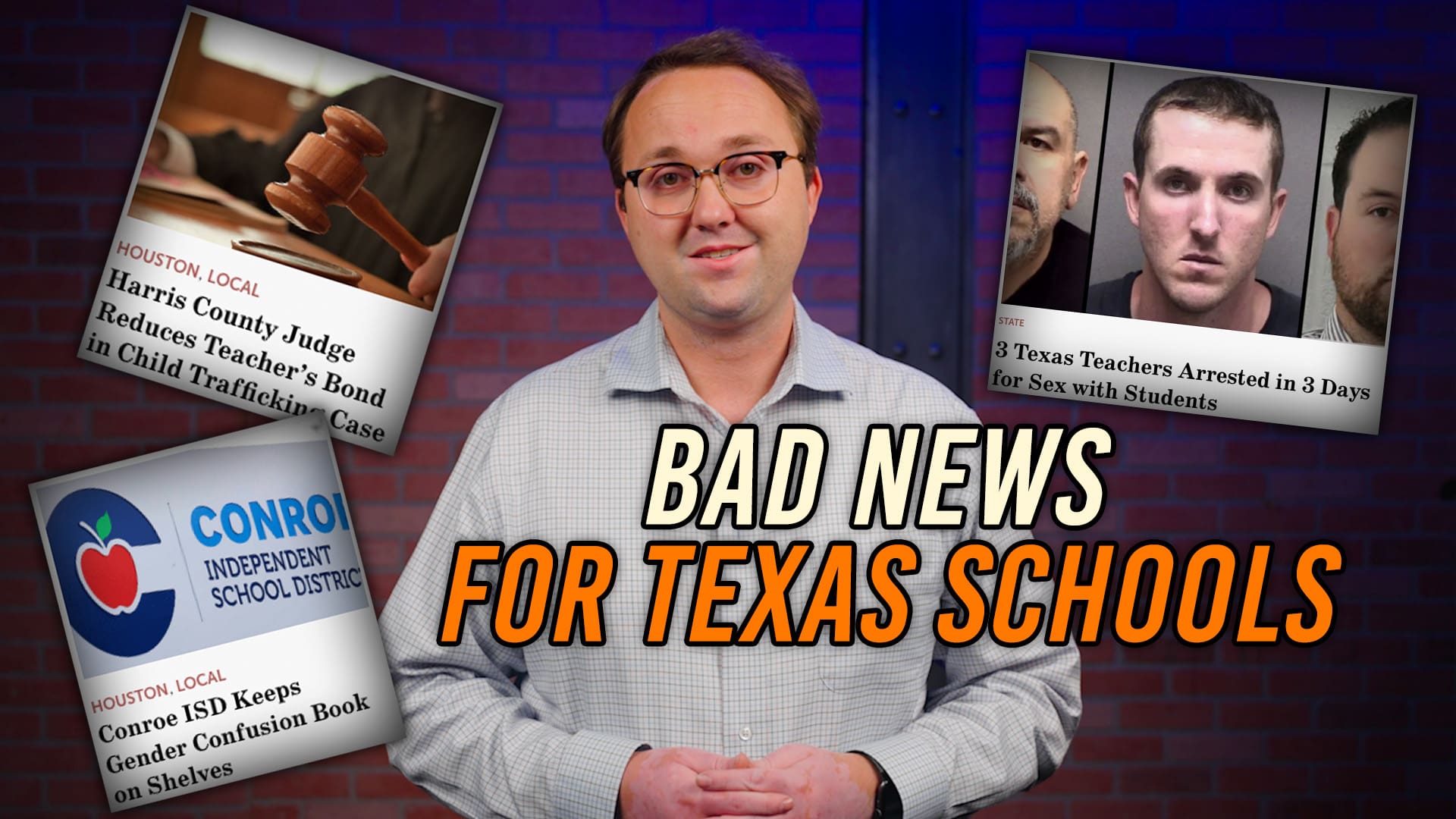Government entities and officials, ever-gluttonous for more tax dollars, will say or do anything to convince voters of the positive attributes of debt issuances. However, one local school district is stooping to the level of contradicting themselves to trick voters into passing a bond.
Goose Creek CISD has a two-proposition $437.5 million bond on the upcoming May 5 ballot, and supporters are going to great lengths to see its passage. Last week, Texas Scorecard wrote about the GCCISD bond and addressed some issues with the package and the public proposal.
Affiliated supporters and the GCCISD spokesperson, responded in the Baytown Sun largely calling the assertions misleading.
Chad Merling, chair of the Citizen’s Facility Planning Committee, argued that the bond issuance is a good move because the state, school district, and hired financial professionals all signed off on the bond.
Of course they did.
The school district and any financial professionals employed by them will find justification for their wants, especially when they report to a board with the authority to fire them. It happens every year in local governments across Texas. Regardless of the financial state of a local entity, the entity requesting a bond finds itself in dire need of its passage and will do whatever fiscal gymnastics are required to prove its validity.
The most deceptive portion of the district’s response in the Baytown Sun was from GCCISD spokeswoman Beth Dombrowa. Dombrowa said Texas Scorecard’s assertion that the district has roughly $640 million in debt was misleading.
Blain also accused the district of having about $640 million in outstanding bond debt, which it is expected to pay this off in 2041.
But the district said this is misleading.
“This amount includes interest payments, the total outstanding debt (principal) is $445,177,591,” said Beth Dombrowa, district spokeswoman. “The Texas Municipal Advisory Council does not consider future interest payments in the amount of outstanding debt. And yes, the current debt outstanding will be paid off in 2041 provided that bonds are not refinanced/refunded during the payoff period.”
In the same breath as she calls the figure misleading, she agrees that it is correct when total payments are considered. To argue that the public should only consider the principal amount is, in fact, intentionally misleading.
Even worse is it doesn’t seem that Dombrowa consulted the district’s Frequently Asked Question webpage for the bond which states that, “The total outstanding debt as of August 31, 2018 is $639,923,921.”
So, while the Dombrowa claims one number in newspapers the week of the election, the district’s own information says something different.
Here are some facts.
Without even considering interest, which would be negligent, the total amount of principal bond debt the district will owe if this bond is approved is $882.6 million. That is over $37,000 of bond debt for each of the 23,837 students in GCCISD.
According to reports, over 50 percent of GCCISD students are considered “At-risk” and over 60 percent of students are considered economically disadvantaged.
All the while, the current bond proposal spends millions of dollars on stadiums, robotic arenas, and electronics, but doesn’t alleviate the need for students to be educated in temporary classrooms.This led the area’s state rep, Briscoe Cain (R-Deer Park), to come out against the bond saying, “GCCISD is only dedicating roughly 30% of proposition A bond money to new schools. This is because the bonds are full of wants instead of needs.”
As opponents to this bond have also pointed out, the pro-bond PAC, Friends of Goose Creek Schools 2018 Bond, has raised over $30,000 in corporate donations. It’s evident that contractors and developers are lining up to support the bond so they can receive their taxpayer-funded return on investment. On the other hand, the Baytown Better Bond Committee, which has opposed the bond’s unnecessary projects, raised all of its money from local Baytown businesses and citizens in the city of Baytown.
GCCISD and its supporters are attempting to mislead voters into taking on a massive amount of debt for a return that doesn’t fully address the district’s needs. Deceptive tactics like concealing interest are exactly why activists have long pushed for transparency in bond elections by requiring the entities disclose the interest on the principal amount of debt.
GCCISD is a prime example of the gluttonous and deceptive nature of local school district bond elections.




